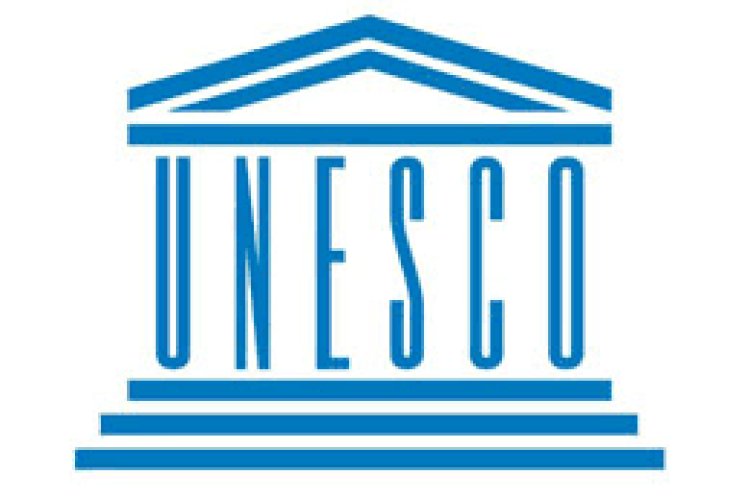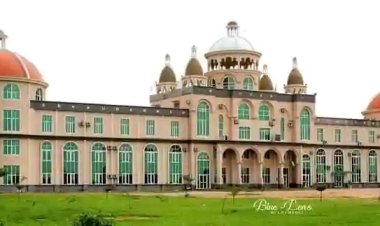UNESCO Highlights the Importance of Multilingualism for Youth Opportunities
In 2024, the United Nations Education Scientific and Cultural Organization (UNESCO) emphasized the crucial role of multilingualism in fostering linguistic diversity, enhancing learning, and promoting social cohesion.

In 2024, the United Nations Education Scientific and Cultural Organization (UNESCO) emphasized the crucial role of multilingualism in fostering linguistic diversity, enhancing learning, and promoting social cohesion. According to UNESCO, inclusive school policies and multilingual practices are key to unlocking these benefits for all.
Learning a second language offers numerous advantages, particularly for young people, by equipping them with essential skills for various fields. Languages such as French, Spanish, and Swahili are increasingly important for international interactions, complementing English, which dominates business, education, and global communication.
SEE ALSO: Bauchi State Student, Breaks 10-Year Record with First Class Degree in Political Science at University of Maiduguri
For youths in developing countries like Nigeria, mastering a second language can significantly expand their opportunities. Proficiency in languages such as Chinese-Mandarin, Arabic, French, German, and Hindi can greatly enhance their educational and professional prospects. As a result, students at all educational levels are encouraged to learn additional languages to broaden their horizons and increase their competitiveness in the global job market.
In addition to international languages, local languages can also provide job opportunities abroad. For instance, Hausa is being taught and widely embraced in countries like China and Germany, demonstrating the global value of local linguistic skills.
RECOMMENDED: Federal College of Education, Zaria, Announces New Key Appointments
Language plays a vital role in preserving culture, fostering unity, and celebrating diversity. Individuals proficient in both local and international languages often become cultural ambassadors, bridging communities and enhancing their contributions to new environments.
UNESCO’s advocacy for multilingualism pounts the importance of language learning as a tool for personal and professional growth, urging educational institutions to prioritize and support language education for a brighter future for all.





